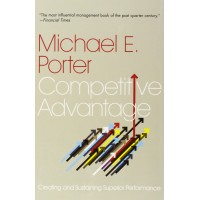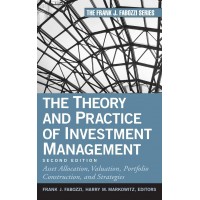The Strategy-Focused Organization
How Balanced Scorecard Companies Thrive in the New Business Environment
The creators of the revolutionary performance management tool called the Balanced Scorecard introduce a new approach that makes strategy a continuous process owned not just by top management, but by everyone.
In The Strategy-Focused Organization, Robert Kaplan and David Norton share the results of ten years of learning and research into more than 200 companies that have implemented the Balanced Scorecard. Drawing from more than twenty in-depth case studies--including Mobil, CIGNA, and AT&T Canada--Kaplan and Norton illustrate how Balanced Scorecard adopters have taken their groundbreaking tool to the next level. These organizations have used the scorecard to create an entirely new performance management framework that puts strategy at the center of key management processes and systems. Kaplan and Norton articulate the five key principles required for building strategy-focused organizations:
- translate the strategy into operational terms;
- align the organization to the strategy,
- make strategy everyone's everyday job
- make strategy a continual process, and
- mobilize change through strong, effective leadership.
The authors provide a detailed account of how a range of organizations in the private, public, and nonprofit sectors have deployed these principles to achieve breakthrough, sustainable performance improvements.
About the Author
Robert S. Kaplan, Senior Fellow and Marvin Bower Professor of Leadership Development, Emeritus at the Harvard Business School, is co-developer of both activity-based costing (ABC) and the Balanced Scorecard (BSC). Kaplan joined the HBS faculty in 1984 after spending 16 years on the faculty of the business school at Carnegie-Mellon University, where he served as Dean from 1977 to 1983. Kaplan's research, executive program teaching, and consulting focus on aligning cost and performance management systems to strategy execution. He currently works with Michael Porter on the HBS Value Based Health Care initiative to introduce time-driven activity-based costing (TDABC) and value-based bundled payments to health care. The goal is to motivate the health care sector to restructure around delivering superior patient outcomes at significantly lower total cost. Another current project applies his strategy execution framework to help corporations create new regional ecosystems for inclusive growth. The strategies are designed to generate strong financial returns while transforming the socio-economic conditions of residents in low-income communities around the world. With Anette Mikes, he continues research and writing on new frameworks for implementing enterprise risk management.
Kaplan has authored or co-authored 14 books and more than 175 papers including 26 in Harvard Business Review. He has co-authored five books with David P. Norton: The Execution Premium: Linking Strategy to Operations for Competitive Advantage, Alignment, Strategy Maps (named as one of the top ten business books of 2004 by Strategy & Business and amazon.com), The Strategy-Focused Organization (named by Cap Gemini Ernst & Young as the best international business book for year 2000), and The Balanced Scorecard: Translating Strategy into Action, which has been translated into 24 languages and won the 2001 Wildman Medal from the American Accounting Association (AAA) for its impact on practice. He also co-authored Time-Driven Activity-Based Costing with Steve Anderson, Cost and Effect and Implementing Activity-Based Cost Management with Robin Cooper, and Relevance Lost: The Rise and Fall of Management Accounting, with H. Thomas Johnson, which received the AAA Seminal Contributions to Literature Award in 2007.
Kaplan received a B.S. and M.S. in Electrical Engineering from M.I.T., a Ph.D. in Operations Research from Cornell University, and honorary doctorates from several international universities. Elected to the Accounting Hall of Fame in 2006, he received the Outstanding Accounting Educator Award in 1988 from the AAA, the 1994 CIMA Award from the Chartered Institute of Management Accountants (UK), and Lifetime Contribution Awards from the Management Accounting Section of the AAA (2006) and the Institute of Management Accountants (2008). He continues to be a leading global speaker on strategy execution, and cost and performance management.
David Norton is a financial management guru and founder of the Palladium Group. He is also is one of the co-founders of the famous Balanced Scorecard model. David Norton began his academic career at the Worcester Polytechnic Institute. There, he obtained his BSc. Degree in Electrical Engineering. He obtained an MSc. in operations research from the Florida Institute of technology, an MBA from Florida State University and a doctorate in business administration from Harvard Business School. David Norton ’s best-known works is his contribution to the Balanced Scorecard model which he co-developed with Robert Kaplan. In addition to his research work and lecturing, he has written numerous papers about the Balanced Scorecard model.
With Robert Kaplan, he co-authored eight articles that were published in Harvard Business Review (HBR) and six books, the most recent one of which is Digital Context 2.0: Seven Lessons in Business Strategy, Consumer Behavior, and the Internet of Things (2016). His books have sold more than one million copies in 23 languages. David Norton was voted as one of the world’s 12 most influential thinkers by “Sun Top Media Thinkers 50” in 2007. In 2008, David Norton and Robert Kaplan received the “Champion of Workplace Learning and Performance Award” from the the American Society for Training and Development (ASTD). The Balanced Scorecard concept was selected by the editors of the Harvard Business Review as one of the most influential management ideas of the past 75 years.

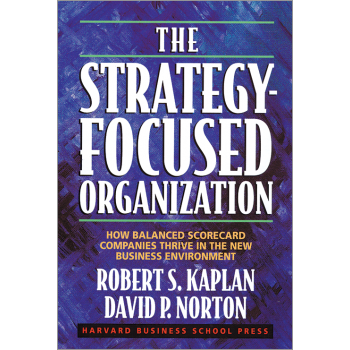
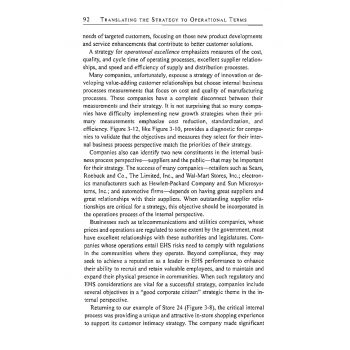
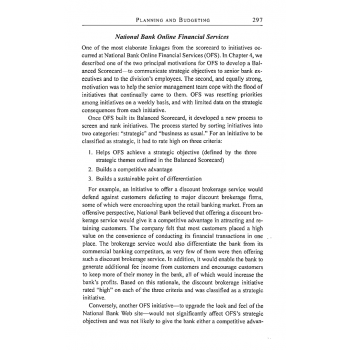


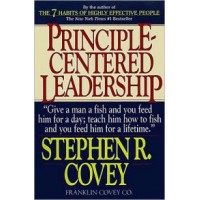



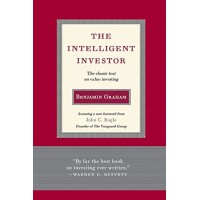

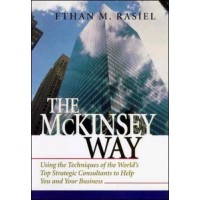
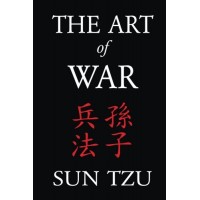

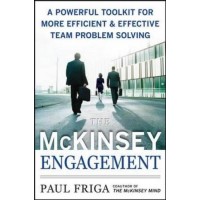












-200x200.jpg)

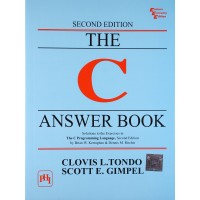
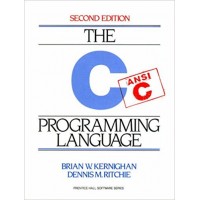


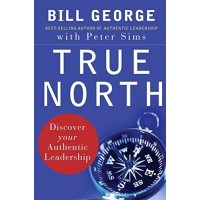
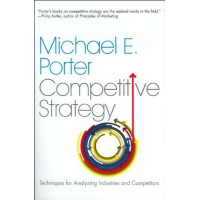
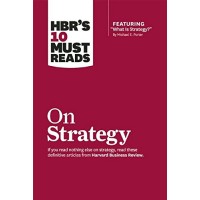

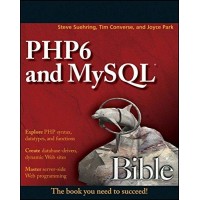
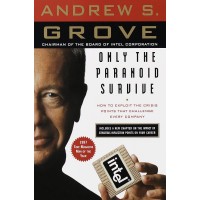

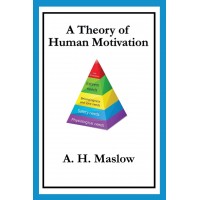



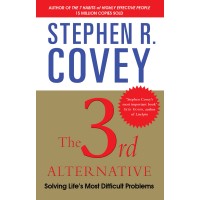


-200x200.jpg)





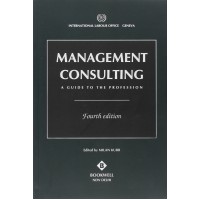

-200x200.jpg)
